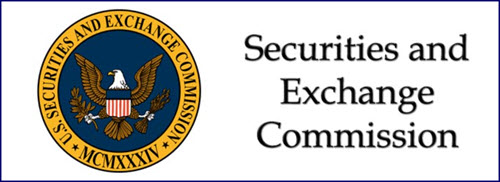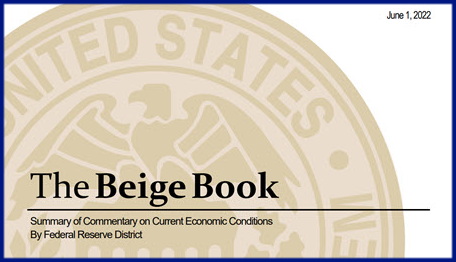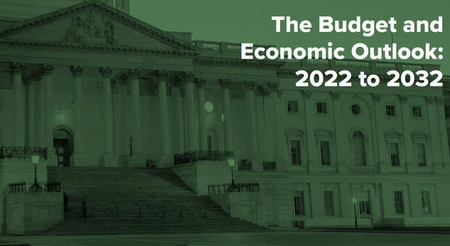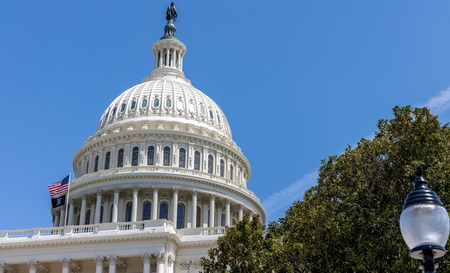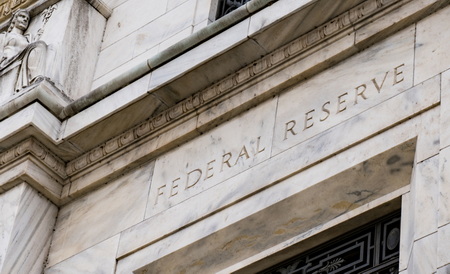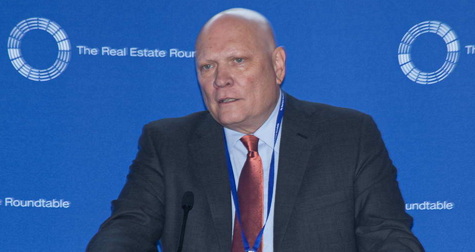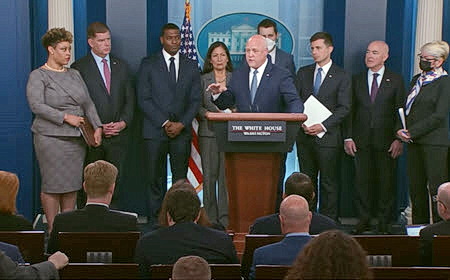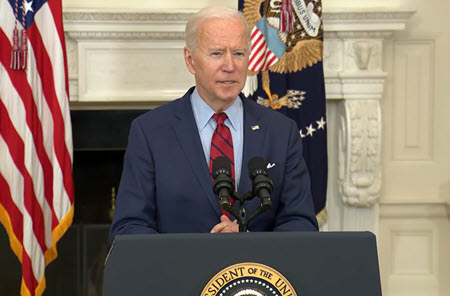The Department of Homeland Security (DHS) issued a National Terrorism Advisory System Bulletin this week, warning of a “heightened threat environment” affecting targets that encompass U.S. critical infrastructure, public gatherings, faith-based institutions, schools, racial, ethnic, and religious minorities, government facilities and personnel, the media, and perceived ideological opponents. (DHS Bulletin, June 7)
CRE & Security Threats
- The bulletin, which expires Nov. 30, said calls for violence by domestic extremists directed at democratic institutions, candidates and election workers will likely increase through the fall. (Associated Press, June 7)
- DHS’s Cybersecurity and Infrastructure Security Agency (CISA) continues to work with government and private sector partners—including owners and operators of critical infrastructure, soft target facilities, and public gathering places—to provide information resources on Active Shooters, Bombing Prevention, and Soft Targets-Crowded Places.
- DHS partners include The Roundtable’s Homeland Security Task Force (HSTF) and The Real Estate Information Sharing and Analysis Center. RE-ISAC is a public-private information sharing partnership between the U.S. commercial facilities sector and federal homeland security officials organized and managed by The Real Estate Roundtable.
- HSTF and The Roundtable’s Risk Management Working Group (RMWG) will hold a joint meeting on June 17 in conjunction with The Roundtable’s Annual Meeting in Washington, DC. Guests will include:

- National Football League security Chief Cathy Lanier, above, the new chair of the Commercial Facilities Sector Coordinating Council. (Video: “Cathy Lanier explains her role as the NFL’s Chief Security Officer”)
- Former NYPD commissioner Dermot F. Shea, president of Related Commercial Property Management
- A representative from the FBI’s Counterterrorism Division
- Nitin Natarajan, Deputy Director for the Cybersecurity and Infrastructure Security Agency (CISA)
Gun Violence
- Three real estate CEOs who have served on The Roundtable’s Board of Directors joined 225 other national business leaders in a joint letter to the Senate yesterday, urging “bold urgent action” to address gun violence. (CBS News, June 10)
- Roundtable members Owen Thomas (CEO & Director, Boston Properties/BXP), Scott Rechler, (Chairman and CEO, RXR) and William Rudin (Co-Chairman & CEO, Rudin Management Company) are signatories on the joint letter.
- The letter states, “Taken together, the gun violence epidemic represents a public health crisis that continues to devastate communities—especially Black and Brown communities—and harm our national economy.” (CNBC, June 10)
- Roundtable President and CEO Jeffrey DeBoer issued a May 27 statement on gun violence in America, calling on Democrats and Republicans “… to pass common sense legislation to remove weapons of war from America’s cities and communities.”
The Roundtable’s 2022 Roundtable Policy Agenda states, “As a critical part of the nation’s infrastructure, real estate continues to face an array of threats from natural catastrophes, international and domestic terrorism, criminal activity, cyber-attacks, and border security. To address such threats, The Roundtable continues to help build a more secure and resilient industry against both physical and cyber threats.”
# # #



